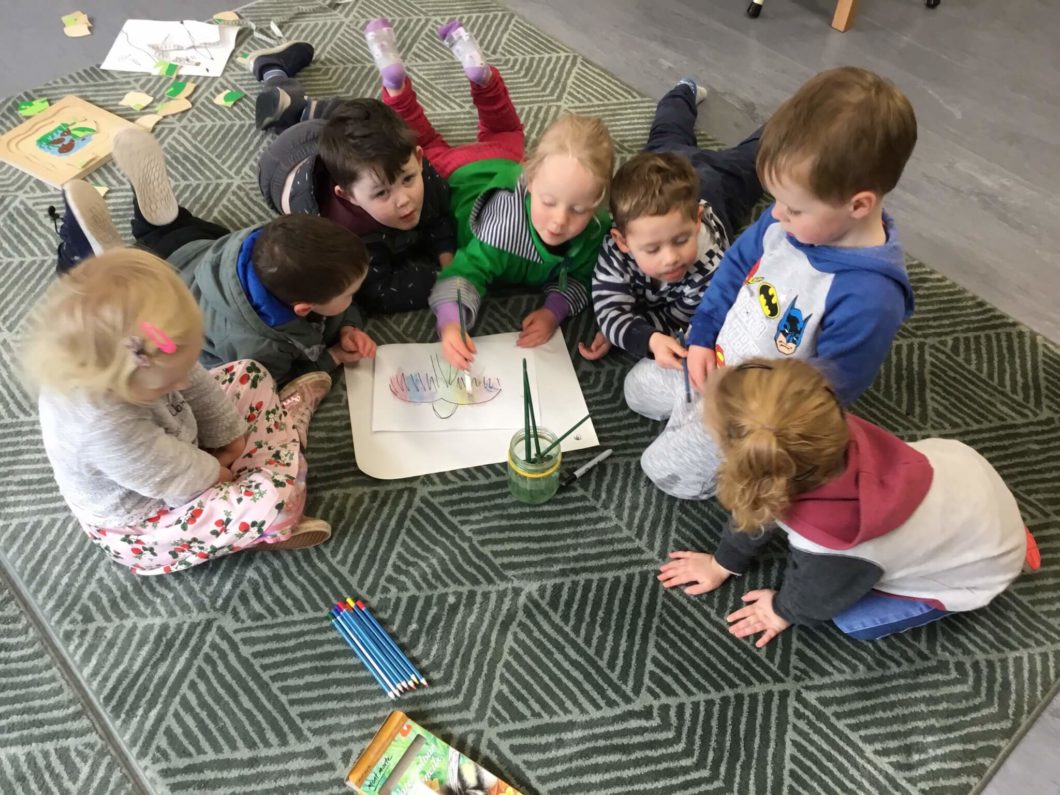The importance of play cannot be understated. It is considered essential for children, so much so that the United Nations Convention on the Rights of the Child states, in article 31, that children have the right to engage in play.
Children absorb an incredible amount of new information everyday and add new skills to their repertoire constantly through play. Play is invaluable for children’s social, cognitive and emotional development, not only because it is fun and makes them happy, but also because it teaches them about their environment and their body, and aids the progression of problem solving, creativity, confidence and social skills like communication and turn-taking.
Humans are biologically wired to play, and for children, play is an opportunity to practice skills they will inevitably require in the future. Play allows children to discover and discuss their interests, what they enjoy and what they don’t, and supports the development of decision-making skills. As they grow older, children are naturally drawn to play together, building their teamwork and cooperative abilities, and introducing them to the vital skills of conflict resolution and self-advocacy.
Play supports self-awareness and communication, helping children to learn about their emotions and how to interact with and relate to others.
Any activity a child engages in, no matter whether it is structured, planned, organised, unstructured or spontaneous, that they find fun and enjoyable is considered to be play, and it is teaching them valuable life skills that they will expand on as they mature and grow.
This blog will explain the stages of play development for preschool age children, when they occur, what they look like and the skills they are developing.
Unoccupied Play - Play Development Stage
Age: 0-3 months
During this stage of play, babies move their arms and legs with no apparent purpose. They are learning about their bodies and their environment through observation.

Solitary Play Development Stage
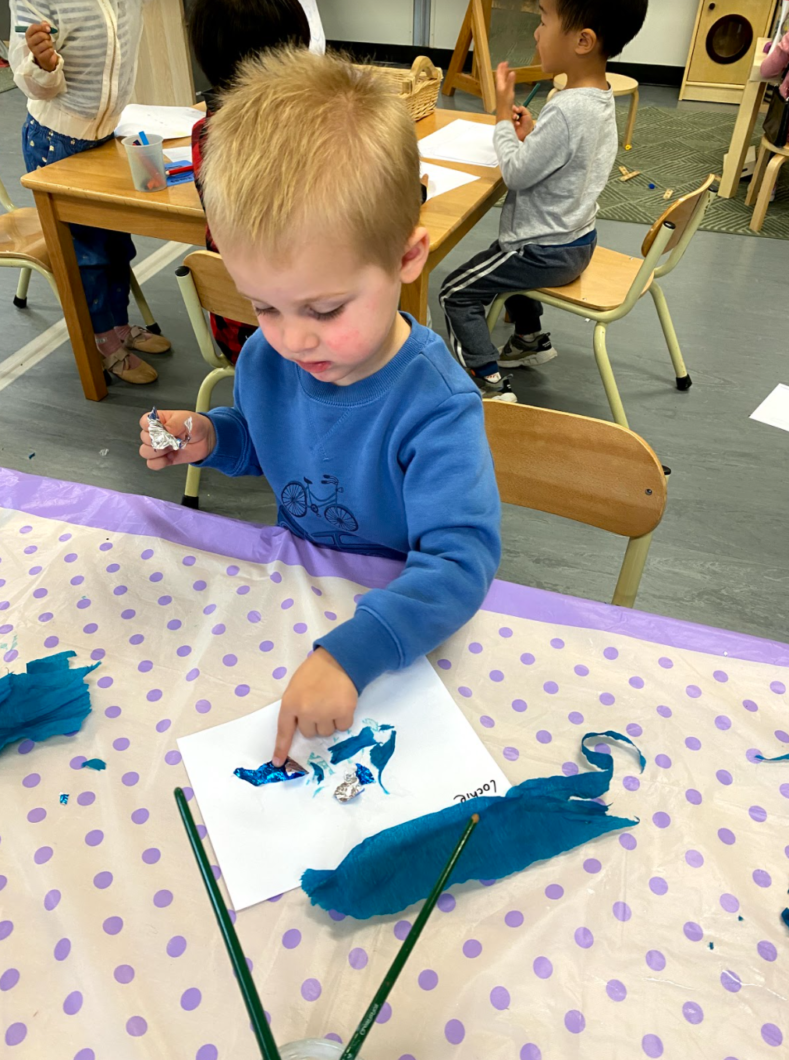
Age: 0-2 years
As the name suggests, solitary play is play that babies and toddles engage in by themselves. Children of this age often appear to be uninterested in what others are doing, and prefer to play alone, likely due to their inability to communicate clearly at this stage.
Solitary play is important, as it teaches children how to be content by themselves, and how to entertain themselves when they’re alone.
Onlooker or Spectator Play Development Stage
Age: 2 years
In onlooker play, children observe others engaging in play, but do not participate. It typically begins around 2 years of age, but can continue long afterwards, particularly for quieter, shyer or less social children.
Onlooker play is an important developmental stage where they learn by observing the actions of others. Children will be interested in the play that they are watching and may acknowledge their interest in it by asking questions, however they will not take any initiative to join in with the play. It builds confidence and understanding of different activities, and parents will often notice their children replicating play styles they have observed previously by themselves.
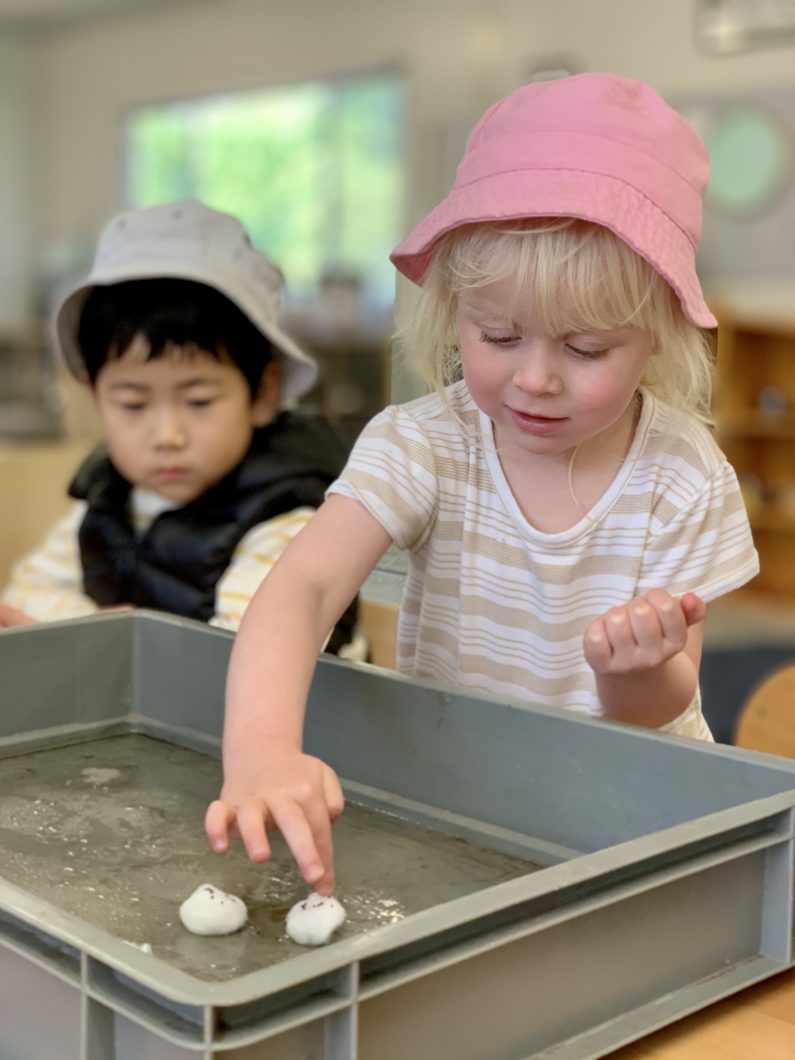
Parallel Play Develolpment Stage
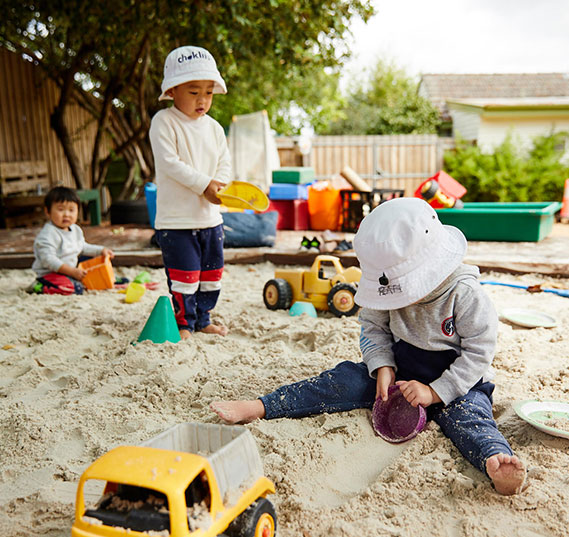
Age: 2-3+ years
Parallel play usually appears sometime after a child turns two, but can continue for much longer. It involves children playing in close proximity, usually next to each other or at least in the same room, but not necessarily interacting with each other. This usually looks like the children are playing separately but engaging in a similar activity, where they will notice and observe the other, and might imitate their actions, but do not engage.
This is a sort of intermediate stage between onlooker play and associate play, where children are becoming interested in playing with others, but do not yet have the skills or confidence to initiate a shared activity. This play development stage is important for the development of preliminary social skills being learnt through observation that they will implement when they begin to play with others.
Associate Play Development Stage
Age: 2-3 years
At around 2-3 years of age, children experience a shift, where they become more interested in playing with others than with toys. During associate play development stage, children begin to interact with others while playing, but there is not significant cooperation.
Children will often be playing separately but are involved as they are working towards a common goal, or they will be doing different activities, but will be engaging with each other through communication while playing and might offer to swap activities. Another example of associate play is children all playing together on a piece of play equipment but doing different things, like climbing, sliding, running or swinging.
In associate play, there do not have to be rules, or the ‘rules’ the children adhere to can be different, as they are not playing together, which helps to develop social skills and cooperation, and is usually the first way children develop friendships.
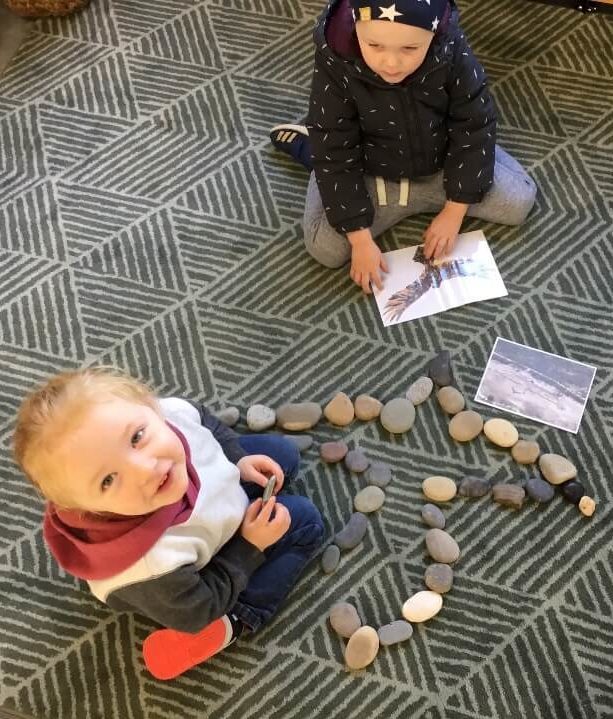
Cooperative or Social Play Development Stage
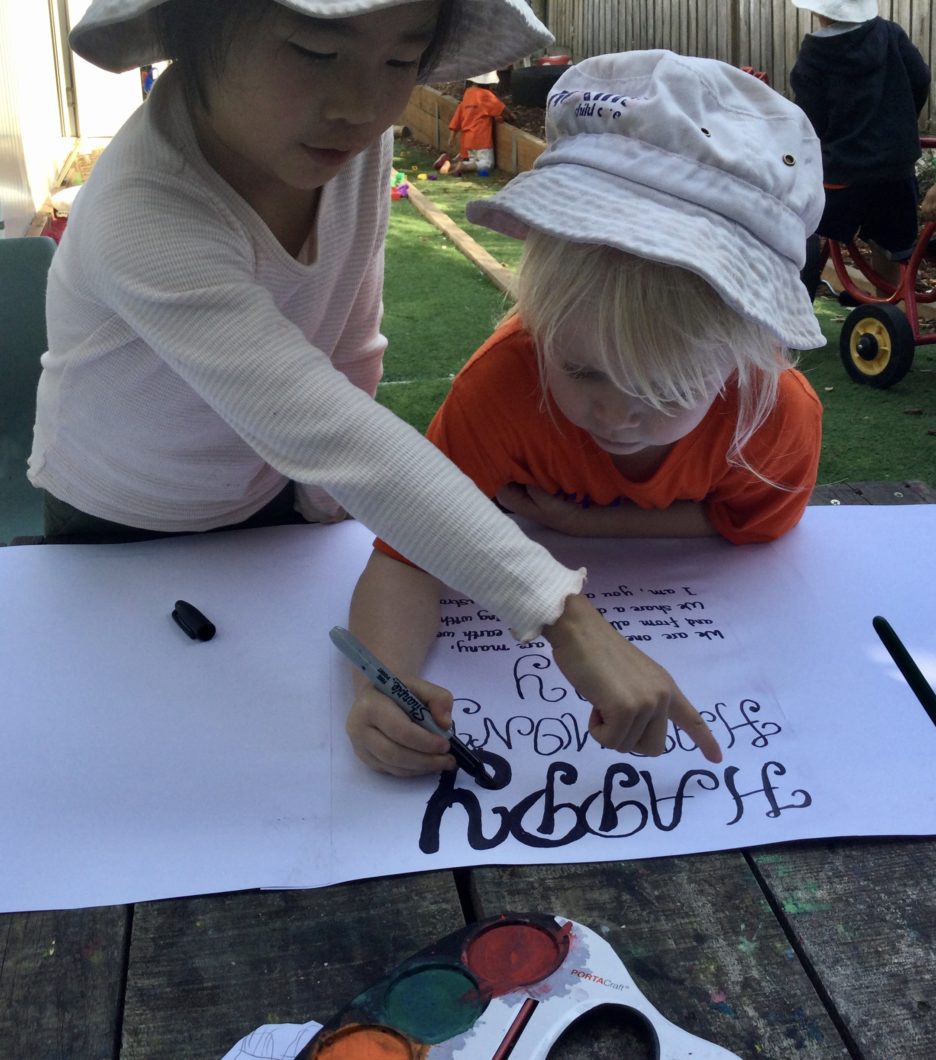
Age: 4-6+ years
Cooperative play is generally the most common type of play that children over four years of age will engage in with others. This stage is where children are interested in both the activity and the other people they are doing it with.
Cooperative play happens in small groups, and there is usually a clear leader, with children taking on different roles, whether they are formally or informally assigned. For example, some children naturally commandeer a group and others are content to follow, which would be informal role allocation, whereas children can also formally assign roles, such as, “it’s my turn to be the mum, and you can be the baby”, or “do you want to be the leader this time?”.
This type of play is more organised, where children are often completing specific tasks to accomplish a goal which has been predetermined by the group. Children often develop a set of rules for their game to follow, so cooperation, compromise and turn-taking skills are tested and developed when they play socially. At this stage of play development it brings together the skills children have developed in the prior stages of play, and is essential for social interaction development.
Understanding and being able to recognise the stages of play for preschool age children, as parents and educators, is incredibly valuable as it helps us to more effectively support children to develop their social, emotional and cognitive skills through play, and build confidence in themselves and their ability to connect with others.

